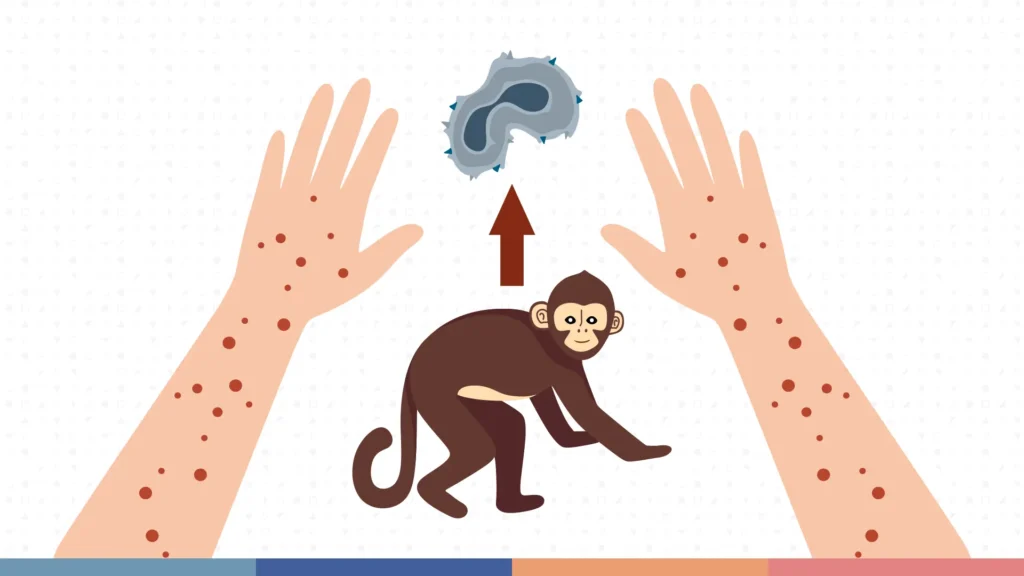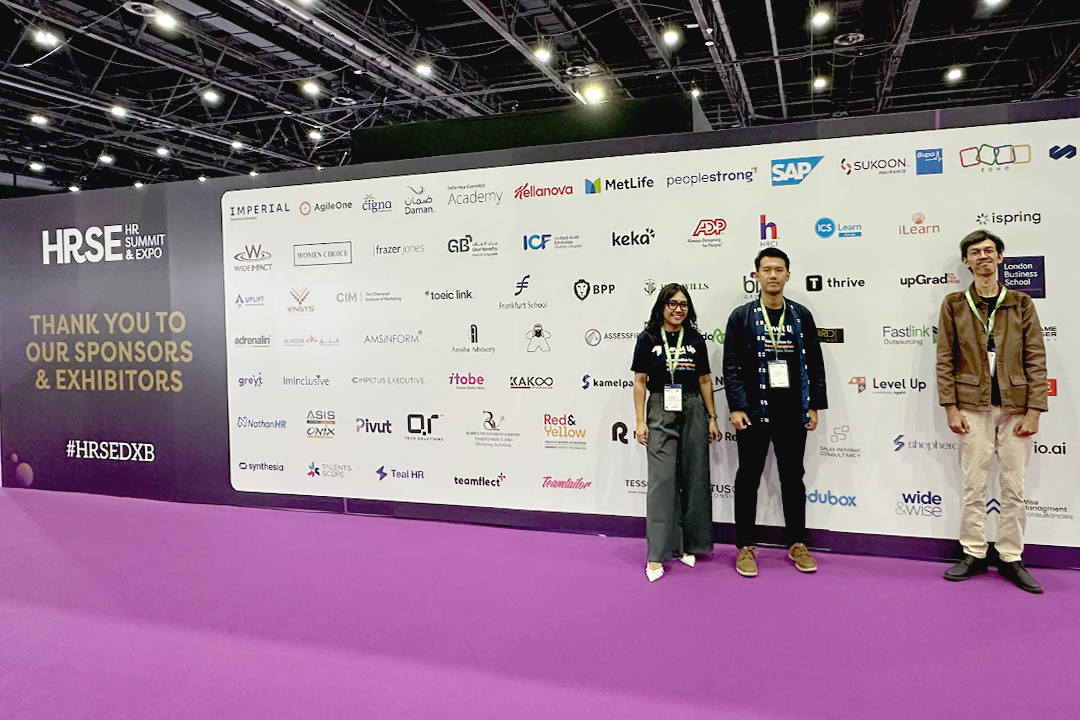The Global Monkeypox Outbreak: A Growing Public Health Concern

The urgency of the global monkeypox outbreak has seized the attention of health officials and the public, sparking concerns about the readiness of global health systems to contain this viral disease. First identified in 1958 among monkeys used in research, monkeypox was once considered a rare zoonotic disease, with most cases occurring in parts of Central and West Africa. However, the recent spread of the virus beyond these regions has made it a topic of increasing relevance worldwide.
As of 2022, the global monkeypox outbreak has left its mark with thousands of cases documented across several continents, including Europe, North America, and parts of Asia. Despite being overshadowed by other global health crises, monkeypox has proven to be a persistent threat, with health experts warning of its potential to evolve into a more widespread epidemic if not properly managed. The outbreak has reignited conversations about global health preparedness, vaccine availability, and public awareness in the context of infectious diseases.
Understanding the Monkeypox Virus
Monkeypox is a viral zoonotic disease, meaning it can be transmitted from animals to humans. The virus is a member of the Orthopoxvirus genus, which also includes the now-eradicated smallpox virus. Symptoms of monkeypox include fever, headache, muscle aches, and a characteristic rash that begins on the face and spreads to other parts of the body. The rash evolves into fluid-filled pustules, which eventually scab over and fall off.
While the disease can be self-limiting in healthy individuals, severe cases can occur, particularly in immunocompromised people. The mortality rate for monkeypox is typically lower than that of smallpox, but it varies between different strains, ranging from 1% to 10% in severe cases.
Transmission occurs primarily through close contact with infected animals, but human-to-human transmission is also possible through direct contact with bodily fluids, respiratory droplets, or contaminated materials such as bedding. Given that monkeypox has an incubation period of 5 to 21 days, individuals can be contagious for a significant period before symptoms fully manifest, complicating efforts to trace and contain outbreaks.
As of the end of July 2024, there have been 102,977 confirmed cases of mpox (monkeypox) globally, including 219 deaths reported across 121 countries. This total includes cases from both clade I and clade II of the monkeypox virus, with the majority of clade I cases reported from the African continent.
Global Response and Challenges
The global response to the monkeypox outbreak has been mixed. While some countries have acted swiftly, implementing measures to contain the spread of the virus, others have been slower to react. A significant challenge lies in the lack of public awareness about the disease, particularly in regions where monkeypox had not previously been a concern.
In Western nations, where monkeypox cases were rare until recently, the public’s unfamiliarity with the disease has contributed to delays in diagnosis and containment. Additionally, the stigma surrounding diseases that cause visible skin lesions has discouraged some individuals from seeking timely medical attention. Public health campaigns have been critical in dispelling misinformation and raising awareness about prevention measures.
Another challenge is the availability of vaccines. While the smallpox vaccine has been shown to be about 85% effective in preventing monkeypox, global supplies of this vaccine are limited. Many countries have phased out routine smallpox vaccination programs following the eradication of the disease in 1980. Consequently, younger generations, particularly Millennials and Gen Z, who were born after smallpox vaccinations were discontinued, are especially vulnerable to monkeypox. As these cohorts represent a significant portion of the population in affected regions, there is an urgent need to ramp up vaccine production and distribution.
In recent news, the vaccine’s arrival in Congo should address a huge inequity that has left African countries with no access to the two shots used in a 2022 global mpox outbreak, while they were widely available in Europe and the United States.
Congo has said it will launch its vaccination campaign on Oct. 8 to allow time for a thorough awareness-raising campaign to overcome mistrust in some communities.
Mpox typically causes flu-like symptoms and pus-filled lesions and can kill. There were 19,710 suspected cases of mpox reported in Congo in the first eight months of this year, according to the health ministry. Of those, 5,041 were confirmed, and 655 were fatal.
It spreads through close contact, including sexual contact.
Vulnerability Among Millennials and Gen Z
In the current outbreak, a substantial number of monkeypox cases have been documented among Millennials and Generation Z individuals. According to the CDC’s Morbidity and Mortality Weekly Report (MMWR), Millennials and Gen Z make up a considerable percentage of those affected. This demographic, many of whom engage in close social interactions, represents a unique challenge for public health officials, as they tend to be more socially active and mobile compared to older generations.
Moreover, these younger generations are also less likely to be familiar with diseases like monkeypox, having grown up in a time when global efforts were focused on eradicating diseases like smallpox and polio. This lack of experience with infectious diseases may result in lower levels of vigilance and a delayed response to symptoms, potentially leading to wider transmission.
The Role of Public Awareness and Education
One of the key strategies for controlling the monkeypox outbreak is increasing public awareness through targeted education and outreach campaigns. Understanding how the virus spreads and how to prevent it is crucial in curbing its transmission. Public health authorities need to focus on disseminating accurate information through channels that are most likely to reach the younger, more vulnerable populations.
Traditional methods of communication, such as public service announcements and educational pamphlets, may not be as effective in capturing the attention of Millennials and Gen Z. These digital-native generations are more likely to respond to innovative approaches that integrate technology and gamified experiences into public health campaigns.
The Power of Gamification in Health Education
Gamification, the use of game-like elements in non-game contexts, offers a promising solution for engaging younger populations in health education. Research has shown that Millennials and Gen Z have high familiarity, retention, and engagement with video games or game-like activities. Given their affinity for interactive content, public health officials should consider utilizing gamification to raise awareness about monkeypox prevention and vaccination efforts.
Gamification has proven successful in various health-related campaigns, from encouraging physical activity to improving mental health awareness. By incorporating elements such as leaderboards, rewards, and challenges, public health organizations can motivate individuals to learn about monkeypox and adopt preventive behaviors.
Gamification for Monkeypox Education and Counseling
In the context of the monkeypox outbreak, gamification can be employed in several ways to increase awareness and understanding of the disease:
- Interactive Learning Modules
Public health agencies can create engaging mobile apps or web platforms that offer bite-sized learning modules on monkeypox. These modules can include quizzes, puzzles, and other interactive activities that teach users about the symptoms, transmission methods, and prevention strategies associated with monkeypox. - Simulations of Outbreak Scenarios
Interactive simulations can allow users to experience a virtual outbreak scenario, where they must make decisions on how to prevent the spread of monkeypox. This can include tasks such as identifying symptoms, seeking medical help, and following guidelines for self-isolation. By participating in these simulations, users can gain a deeper understanding of how to respond effectively in real life. - Social Media Challenges
Gamification on social media can also be an effective tool for outreach. Public health organizations can launch challenges that encourage users to post about what they’ve learned about monkeypox, share vaccination experiences, or participate in virtual campaigns to spread awareness. - Incentivizing Vaccination
By offering rewards such as badges, certificates, or discounts for completing educational tasks or getting vaccinated, public health agencies can leverage gamification to encourage positive behavior. Gamified systems can track users’ progress, fostering a sense of achievement as they engage with monkeypox-related content.
Conclusion
As the monkeypox outbreak continues to evolve, it is crucial for global health systems to adapt quickly and effectively. Increasing awareness, improving vaccine access, and promoting preventive behaviors are essential strategies for controlling the spread of the virus. In the digital age, innovative approaches like gamification offer a powerful tool for reaching younger generations, particularly Millennials and Gen Z, who are highly vulnerable to monkeypox due to their social behaviors and lack of prior immunity.
By embracing gamified health education, public health authorities can engage these populations in a meaningful and interactive way, ensuring they are well-informed and motivated to take action in the face of the ongoing monkeypox outbreak.
If you are interested in learning more about gamification and how it can benefit you or your organization
Check out our gamification services page and contact us today. We are ready to help you create a gamification experience that aligns with your needs and preferences.
The Authors

Junialdi Dwijaputra

Dias Setyanto
Related Articles
- All Posts
- All-EN
- Service Highlight-EN
- Education-EN
- News-EN









